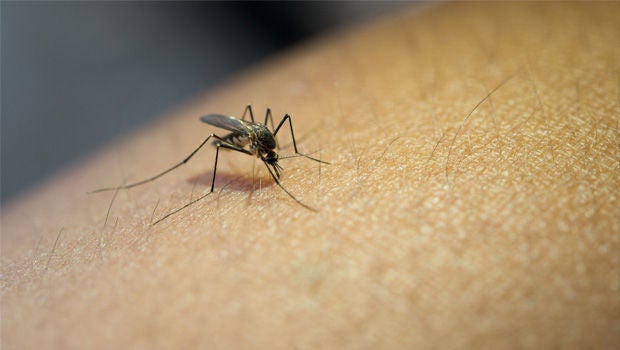HealthXchange will NEVER ask you to transfer money over a call. If in doubt, call the 24/7 ScamShield helpline at 1799, or visit the ScamShield website at www.scamshield.gov.sg.

PHOTO: FREEPIK
Duke-NUS’s Assistant Professor Ashley St John and her team from the Emerging Infectious Diseases (EID) Programme have found that vaccination to one or more viruses can be leveraged upon to gain protection against closely-related viruses, such as dengue or Zika. This research finding is based on the concept of cross-reactive immunity, where the immune system can achieve protection if a vaccine is created in a novel way that addresses the function of specific immune cells called CD4 T cells. This approach contrasts with how previous conventional vaccines have been focused on boosting other aspects of the immune system.
Said A/Prof St John, the Principle Investigator of this approach: “Our discovery reveals that the specific CD4 T immune cells underlie a new mechanism of promoting cross-protection among related viruses during successive infection or immunisation. This information holds potential for applications in both improving vaccines as well as identifying reasons for limited vaccine effectiveness.”
Vaccine development for widespread mosquito-borne diseases, such as dengue and Zika, has offered mixed results and has been less effective than hoped. The recently approved dengue vaccine, for example, has seen low efficacy. Also, multiple vaccines have to be administered to achieve some immunity against the flaviviruses, and this is not a preferred safeguard, given the cost and inconveniences involved. With the insights offered by the new study, this may one day mean that people travelling widely across countries susceptible to flavivirus outbreaks will be able to take a single vaccine and be protected against viral infections across the same family of flavivirus.
Compared to earlier approaches that focused on boosting other aspects of the immune system to fight the infection, the new approach takes advantage of the human immune system’s CD4 T cells to ‘remember’ past infections by any member of the flavivirus family (through vaccination). This primes the body to recognise a future infection by other members of the same virus family, and evokes an aggressive and efficient response to quell the new infection.
The implications of this research finding are far-reaching, and have earned publication in the renowned academic publication, Science Advances, on 4 July 2018. The discovery is set to spur widespread research on the memory function of CD4 T cells to create new ‘supervaccines’ against other spectrums of viral diseases.
REPRODUCED WITH PERMISSION FROM DUKE-NUS
Get the Health Buddy App
© 2025 SingHealth Group. All Rights Reserved.













 Get it on Google Play
Get it on Google Play